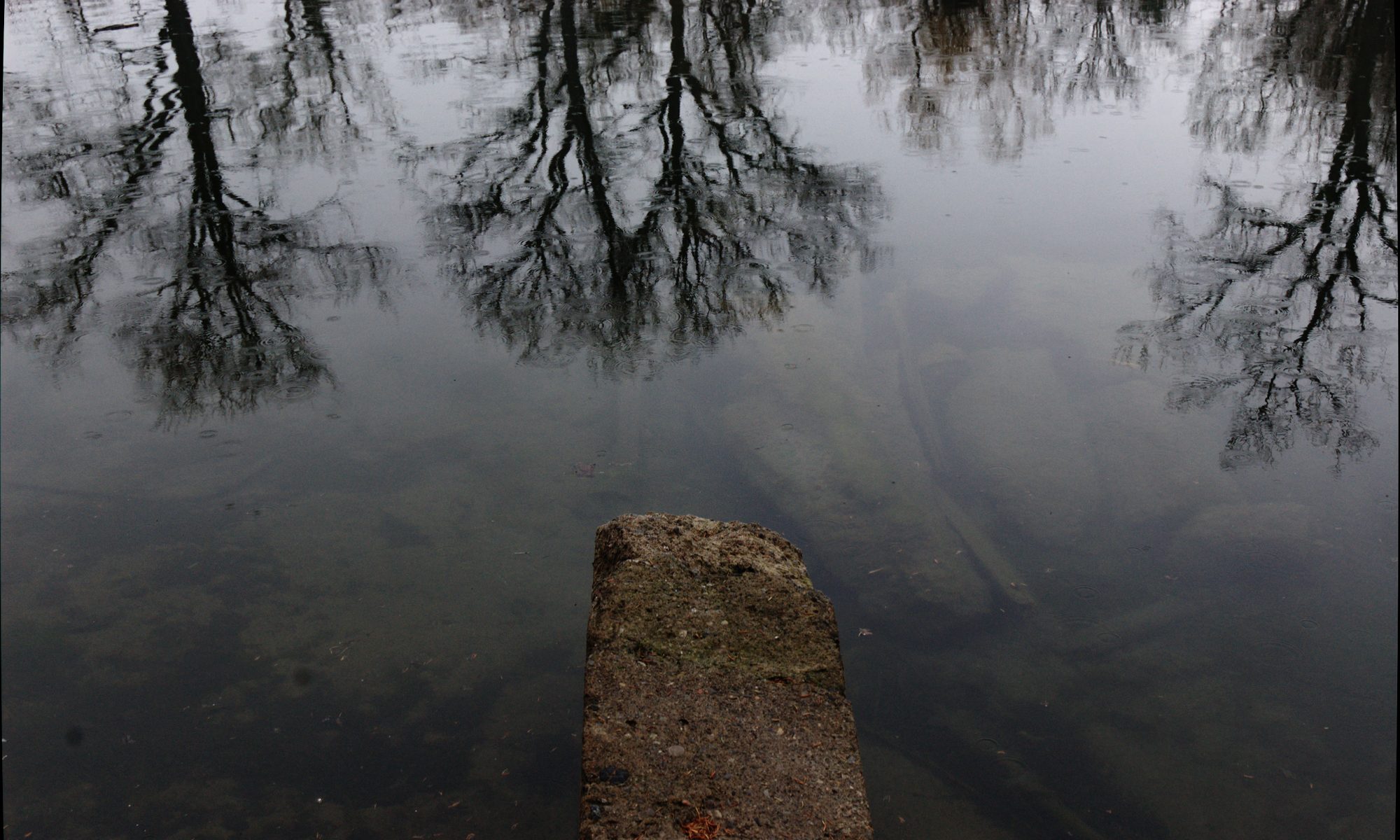In November of last year I decided to walk away from Twitter. There were a lot of things about it that were bugging me and, without making a big to-do, I logged off and deleted my browser and app shortcuts. I have not been back. Perhaps I will at some point.
Why did I leave? For a number of reasons that accumulated over time. Here’s an incomplete list, in no particular order:
- people complaining about things outside of their control
- writers sniping other writers
- those wonderful people who speak as if they are in fact camp counsellors, on a pulpit, which is to say with the sort of blinkered condescension that makes my eyes water
Okay, so it’s a little more complicated.
A major attraction of social media is the lure of transparency. And there is a ridiculous amount of transparency. You have access to both the minuscule, quotidian drip-drops of individual human life but also world events happening in real time (KOBE BRYANT DEAD alongside 20% OFF SPORT JACKETS). Society has never before had this combination of immediacy and wide signal breadth. The volume of information is incredible, which also makes the proffering of forfeited information or divisive info-blasting all the more possible (and damaging).
In Yevgney Zamyatin’s novel We (which predated Orwell’s 1984), people under a totalitarian regime live in glass-walled apartment buildings, and thus, with their every action on display they (we) monitor and police themselves. The same can be made of Twitter and Instagram, where our thoughts, diatribes, party pics, and ever-present selfies are sent instantly to a potential audience of thousands.
I cannot imagine my 70s childhood under this sort of extreme transparency. What would the assassination of Anwar Sadat, or the Chilean coup d’ètat be like through the intense and unblinking lens of our current media landscape? Sure, we can look back and talk about things like cultural imperialism but how would those events have been exploited and plundered by the scandalously invested corporate media interests we have today? I cannot imagine what the early 80s, when I was entering puberty, would’ve been like, seeing the depressingly real possibility of thermonuclear war overshadowing our lives. I can imagine anxiety and depression on a level beyond what I already experienced. I can imagine suicide.
And then there is the interpersonal angle. As a therapist I often hear clients frustrated by the sight of friends, enemies, siblings, and exes seemingly having the time. of. their. goddamn. lives. Why? Because social media also acts as a combination hall of mirrors / highlight reel for people who may or may not be who they seem, or events that may or may never have happened in the way we see them. We, the viewer, permanently on the outside, can only guess. And if we are feeling less than confident (or worse, if our self-worth is particularly low) then our imaginations might construe in those fleeting, polished glimpses a dreamworld we aren’t invited into. We feel less, as a result. Our ultimate worth as people feels less because when we see ourselves in the real world, unfiltered, unpolished, not surrounded by laughing BFFs, it can feel as if we missed the boat. A lifeboat. A showboat. We end up feeling intrinsically less in every way. Don’t get me wrong, in client work I can invoke whatever expertise I have and tell someone it’s all a highlight reel, that no one is proudly posting selfies of themselves, alone, watching Dharma and Greg reruns with popcorn dust on their face. But when that person is feeling particularly vulnerable there’s no guarantee how they’ll feel when an acquaintance asks Did you see that video of ______ on Instagram?? and once more they are drawn into that alluring bauble-rich world.
Let’s not even get into how much time in our days are wasted scrolling to check user comments or mainlining “breaking” news updates. Let’s not even get into how populist politicians are exploiting the reactive nature of social media networks in order to sow chaos and divisiveness.
There are legitimate reasons we stick with social media platforms. Despite being seemingly abandoned to Moms and Dads, Facebook manages nonetheless to be an efficient way to organize social events with friends through its messaging app, or to share interesting articles. I’ve personally appreciated being able to follow numerous psychology researchers on Twitter, as well as musicians I admire. The problem is that each platform’s defects — the targeted bullying, the bots, the account hackers, the sanctimonious calling-out, as examples — are left for us, the users, to deal with and find solutions for.
I would love nothing more than to share news about my next book or short story being published, and to readily engage with readers (and other writers). I would also like to not see people I may know post things that are racist, or, more mundanely, inappropriate for a shared space. And here we come to another problem with social media: it can just as easily reflect and magnify our darkness, our ignorance, as much as it can broadcast our brilliant ideas about the world. I can’t fault the platform architects for that, though it would be disingenuous to suppose they hadn’t factored that bit of behavioural chaos into the algorithm.
I don’t know what to do with this because I don’t have an answer. For the time being I’ve decided to rotate my attention to whatever is least bothersome which also provides the value of communicating with people I know.

